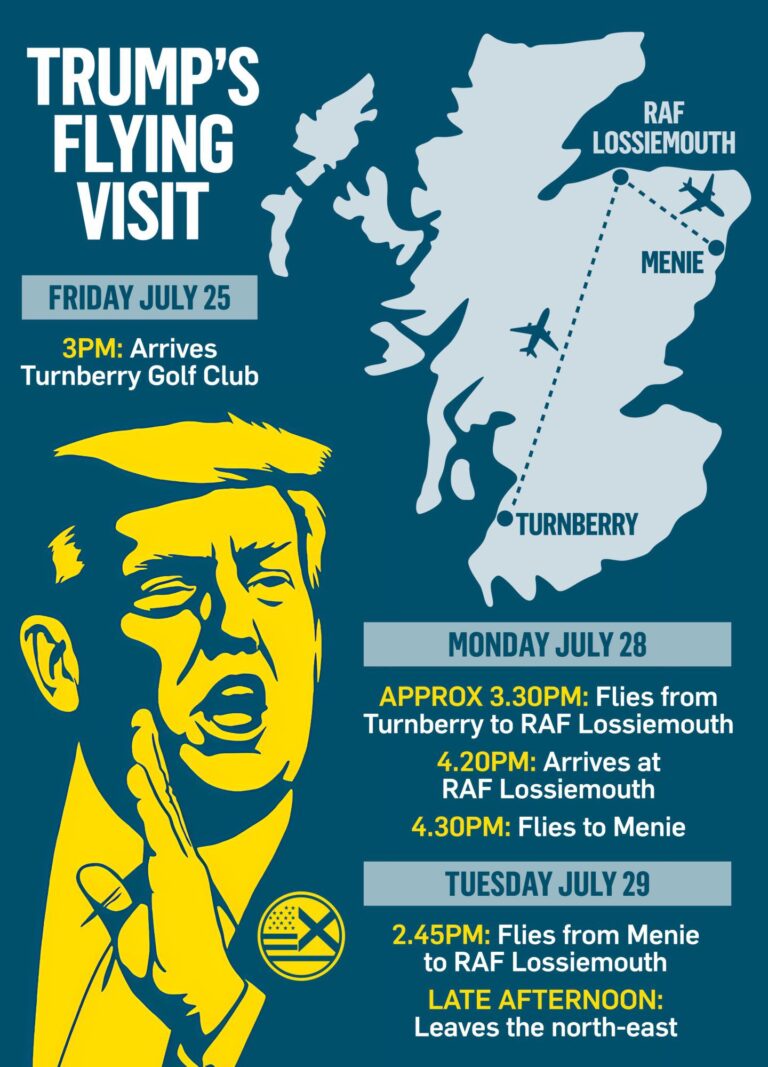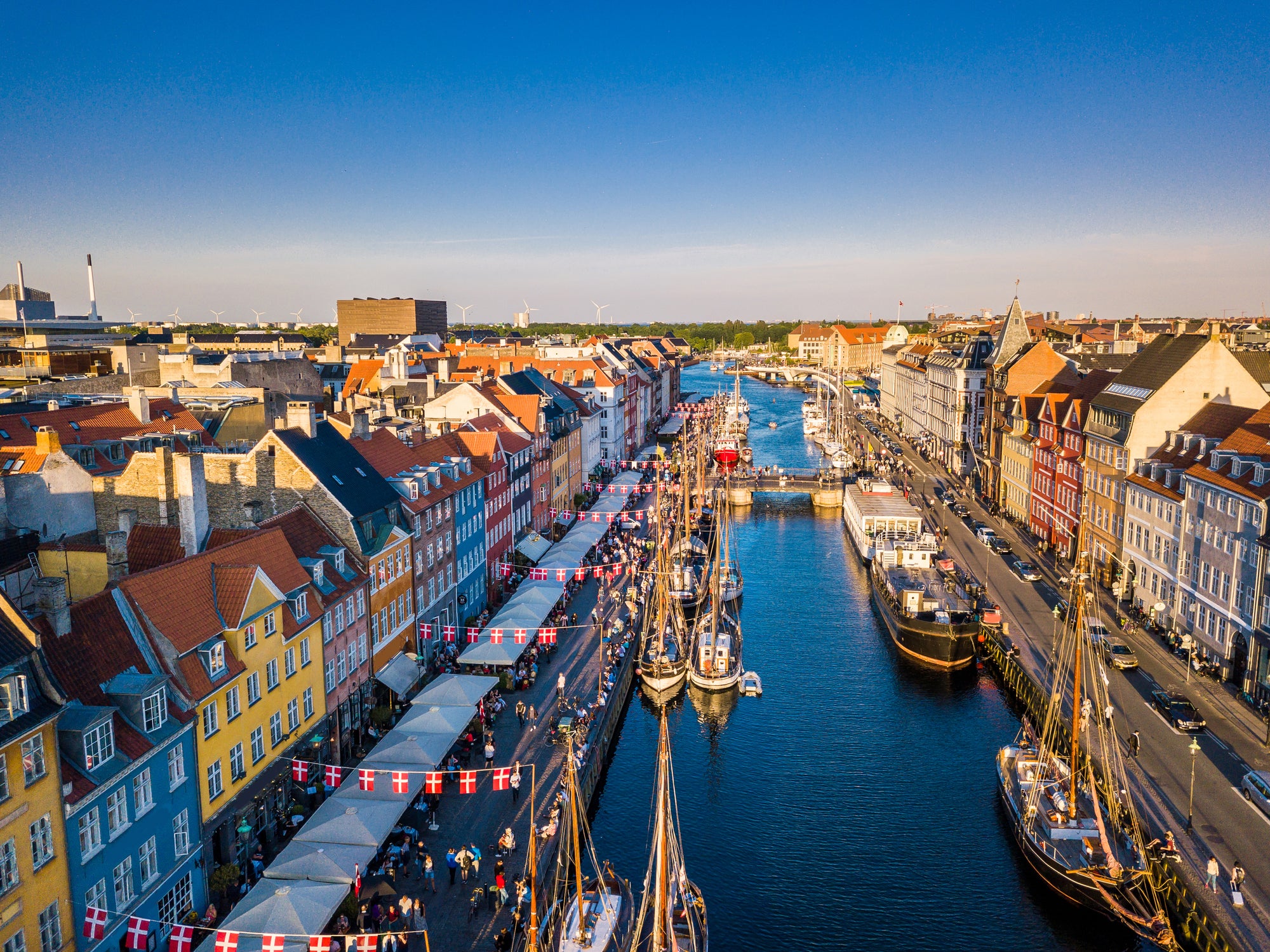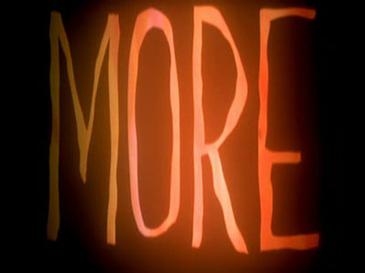Stop buying Russian crude, hit Beijing with 50 to 100 percent duties: Trump's blueprint to end the Ukraine war
President Donald Trump has urged NATO capitals to end purchases of Russian oil and to slap China with tariffs of 50 to 100 percent for buying that same crude, arguing that a decisive economic squeeze will force Moscow to the table. The appeal followed a week in which Russian drones briefly violated Polish airspace. Trump cast the incursion as possibly inadvertent, while insisting that Western money still flowing to the Kremlin through energy trade is the real strategic failure.
Pressure points: NATO's energy habit and China as Russia's banker
Several alliance members still tap Russian barrels, with Turkey now among the top buyers, alongside Hungary and Slovakia. That undercuts leverage and prolongs the war by keeping Putin's revenues alive. Beijing remains the main outlet for Russian crude. Trump is betting that tariff pain on Chinese imports can choke off the Kremlin's cash without risking NATO troops. London, for its part, just moved to penalize shadow fleets and sanctioned firms in China and Turkey feeding Russia's war industry, and U.S. officials told G7 counterparts to tighten a unified clamp on the money pipeline.
Can he confront Ankara and Budapest
The hard question is whether Washington will push Erdogan and Orban to change course. Alliance management often defaults to excuses. But deterrence requires costs, not carve outs. Secondary sanctions, tariff snapbacks, and a clear clock on compliance would convert rhetoric into leverage. Congress is pressing for tougher measures already. The alternative is an open-ended subsidy for Kyiv and a war that drifts while Europe funds the very adversary it vows to deter.
Tariff risks and rewards
Tariffs are blunt, and the recent U.S. China tit for tat showed how quickly rates can spike before talks pull them back. India has already felt U.S. trade pressure over Russian energy purchases. There will be blowback for exporters and consumers. But the bill for delay is higher. A time bound tariff regime tied to verifiable Russian withdrawal would put teeth behind Western demands and give markets a clear off ramp the day the shooting stops.
After drones over Poland, a test of Western resolve
Secretary of State Marco Rubio called the Polish airspace breach unacceptable while noting intent is still being assessed. At the U.N., Washington vowed to defend every inch of NATO soil. Strong words matter, but cash flows matter more. Europe now faces a choice between statements and strategy. Cut the oil lifeline, squeeze Beijing's role in financing Moscow, and end the war on Western terms. Or keep paying Russia at the port while paying Ukraine at the front.





